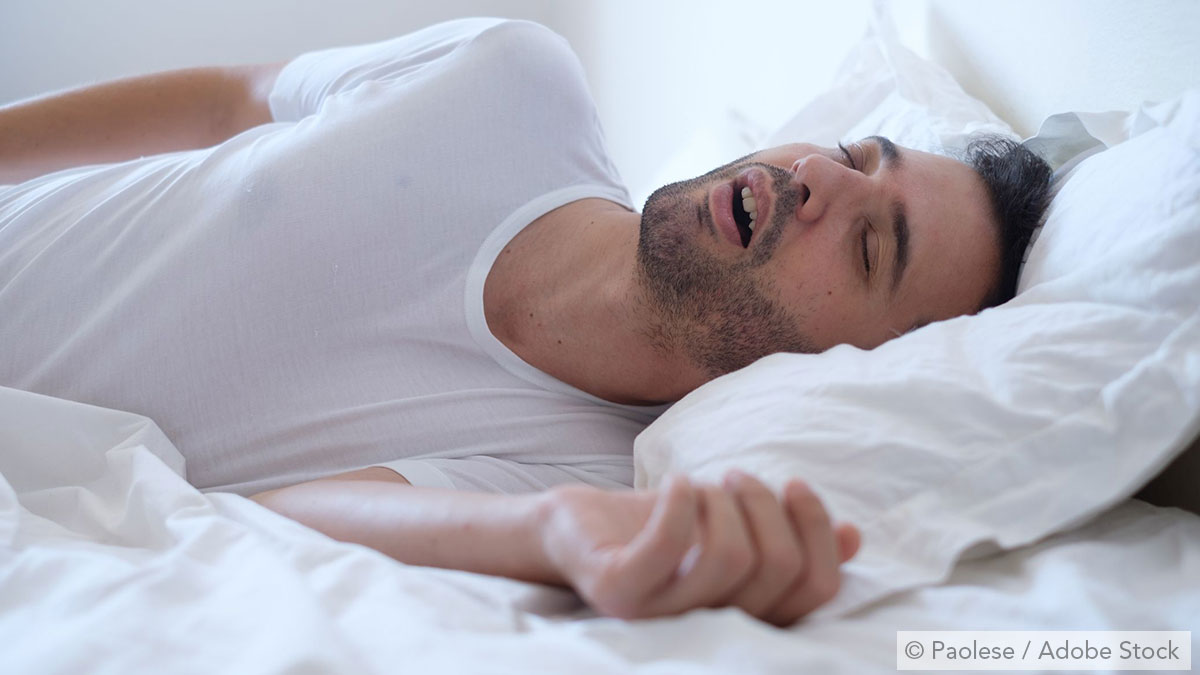How to Sleep Better & Snore Less: 6 Handy Tips

Do you know that poor sleep quality can lead to poor health and increased risk of early dementia? We now know how important good sleep is to keep us in great physical health, prevent us from falling ill and maintain good mental fitness. As top ENT specialists in Singapore, many patients with poor sleep, snoring and breathing problems come to see us to find a solution for their sleep problems, which have often been going on for much longer.
At our ENT clinics in Singapore, patients with sleep problems tend to fall into 3 main groups:
1) Those who have poor quality sleep due to difficulty breathing and often snore when asleep: We worry about underlying Obstructive Sleep Apnea (OSA)
2) Those who have difficulty falling asleep (Insomnia)
3) Those who fall asleep but then wake up in the early hours and can’t go back to sleep (Early Morning Waking)
The first group with abnormal breathing during their sleep, often snore loudly, suffer from restless sleep, gasping, grunting and choking symptoms. This is often made worse if they already suffer from a persistently blocked nose due to sinus issues, or nasal allergies or a deviated nasal septum, making it difficult to breathe through their nose. They may wake up with morning headaches that get better as the day goes on or feel easily tired during the daytime, falling asleep at the wheel or after lunch. Some patients may be so sleep-deprived that they fall into microsleep phases, where they fall asleep for a few seconds but don’t realise that they are asleep: This is extremely dangerous as they may be driving or operating heavy machinery! These patients need to be investigated with a sleep study and endoscopy of their nose, throat and airway by their top ENT specialist in Singapore as they may be suffering from Obstructive Sleep Apnea (OSA). OSA causes poor sleep quality due to airway collapse, leading to poor oxygen flow to the brain, heart and vital organs. In the longer term, there is a high risk of heart attacks, strokes, sudden death due to irregular heart rhythms (arrhythmias) and early onset dementia.
In the second group, who have trouble actually falling asleep, stress is often the main trigger. Some people work late into the night eg market traders who have to stay awake for the international stock markets to open. Others may work night shifts and some may just find it difficult to stop thinking about the next day’s work deadlines and schedule. A small number of people, no matter what they do, remain unable to fall asleep without the aid of medication.
The third group who can fall asleep but then wake up in the middle of the night, may be affected by emotional issues such as stress and depression disrupting their normal sleep pattern. Nobody sleeps right through the night nonstop so don’t worry if you occasionally wake up in the middle of the night because this is normal. Most of us sleep in 2-hourly sleep cycles but are able to transition on to the next cycle without waking up completely. As we grow older, our biological clock also shifts so we may find ourselves waking up earlier than we used to. The trick is to recognise this biological shift and try to fit in our most restful sleep hours by perhaps going to bed earlier to squeeze in our recommended 6-7 hours every night (this may decrease with age of course). Some medications may also affect our sleep pattern and alcohol often causes early morning waking due to its delayed stimulant effect: This means you might fall asleep more easily after drinking alcohol but it eventually lowers your blood sugar, hence waking you up later on in the middle of your night’s sleep.
Here are Dr Annabelle’s 6 Handy Tips to Sleep better and Snore Less:
- Avoid caffeine intake after 3 pm, especially if you are caffeine-sensitive: This includes coffee, tea and Chinese tea
- Avoid exercising late at night, as this stimulates your brain to prevent you falling asleep quickly.
- Turn off all your electronic devices (phone, iPad, TV) at least 2 hours before your usual bedtime to allow you to wind down naturally.
- Avoid heavy meals just before bedtime: This can cause acid reflux and indigestion to prevent you falling asleep.
- Have a protein-rich meal for dinner which leads to tryptophan release to induce sleep mode
- Minimise all forms of stress as stress is the number 1 cause of sleepless nights: Easier said than done though as it is sometimes difficult to completely stop oneself from thinking about work and social stressors!
Share this blog via:
